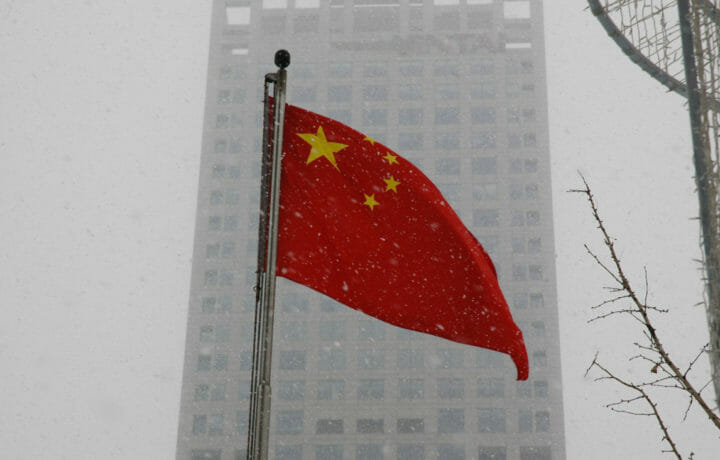In War Without Rules, retired Air Force Brigadier General Robert Spalding unveils the multifaceted strategy of the Chinese Communist Party (CCP) to undermine and eventually dominate global affairs. The book serves as a call to the United States and its Five Eyes (FVEY) allies, highlighting the urgent need to immediately adapt to a new era of conflict where traditional battle lines are blurred and every sector of society is a potential front.
Spalding’s thesis is grounded in the concept of Unrestricted Warfare, a doctrine articulated by two Chinese colonels in 1999, which posits that modern warfare transcends conventional military confrontations. It encompasses a broad spectrum of tactics including economic coercion, cyber espionage, cultural influence, and even the manipulation of global health crises. The CCP’s approach, as Spalding argues, is a total war strategy that seeks to exploit the open and interconnected nature of Western societies.
The book meticulously dissects the CCP’s playbook, revealing how the West’s adherence to rules-based international order is being exploited. Spalding warns that the CCP has promised to use corporate espionage, global pandemics, and trade violations to achieve dominance, effectively waging a stealth war against the United States and its allies.
For the U.S. and FVEY defense counterintelligence community, the implications are profound. The CCP’s strategy challenges the very foundations of their operational doctrines, which have traditionally focused on identifiable threats and clear-cut adversaries intent on using kinetic weapons. Spalding’s analysis suggests that the DoD – and in this review, the counterintelligence community – must evolve, adopting a more holistic view of national security that accounts for the myriad ways in which the CCP can exert influence and cause harm.
One of the key takeaways from “War Without Rules” is the need for a coordinated and comprehensive whole-of-government and whole-of-nation response to the CCP’s tactics. This involves not only the defense and intelligence sectors but also the broader policy-making community, businesses, and civil society. Spalding emphasizes the importance of awareness, resilience, and the strategic use of America’s own strengths to counter the CCP’s unrestricted warfare.
The book is not just a sobering assessment of the CCP’s ambitions; it is also a guide on how to counter them. Spalding provides actionable insights into how the U.S. and its allies can leverage their democratic values, innovative spirit, and alliances to push back against the CCP’s creeping influence. He calls for a reinvigoration of the national spirit, a recommitment to the principles of freedom and democracy, and a reevaluation of the strategies employed to protect them.
“War Without Rules” is a must-read for anyone concerned with national security, particularly those within the defense counterintelligence community. It offers a detailed examination of the CCP’s strategy and provides a framework for understanding and countering the multifaceted threats posed by China’s approach to warfare. Spalding’s book is a stark reminder that the battlefield has expanded beyond the physical realm, and the West must adapt or risk being outmaneuvered in this new era of global competition.
In conclusion, Spalding’s “War Without Rules” is a compelling and insightful work that sheds light on the CCP’s strategy of unrestricted warfare. It is a critical resource for the U.S. and FVEY defense counterintelligence community as they prepare for the complex challenges posed by a potential conflict with China. The book not only diagnoses the problem but also offers a path forward, advocating for a robust and unified response that leverages the collective strengths of the United States and its allies. As the CCP continues its relentless pursuit of global dominance, “War Without Rules” stands as an essential guide for those tasked with safeguarding our national security in an increasingly uncertain world.


